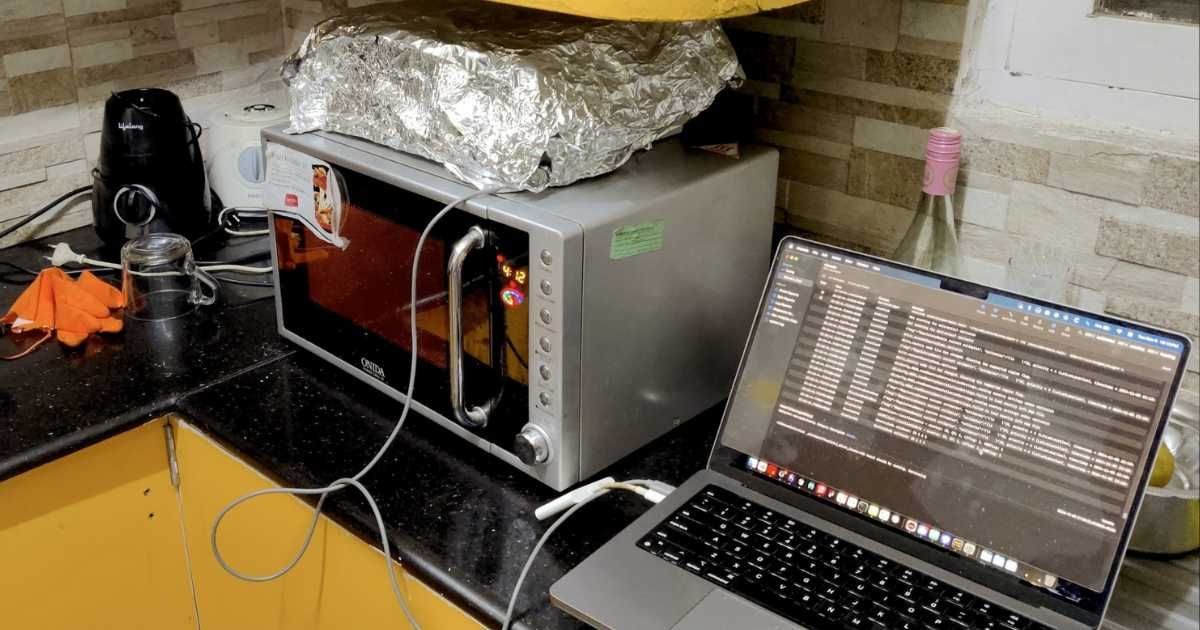The Push to Block TikTok: Why U.S. Officials Seek a Ban
Bipartisan legislation passed the Senate with a vote of
79-18, signaling a significant move towards potentially banning TikTok's
operations in the United States. While some lawmakers express reluctance
towards banning the platform, they assert that the decision ultimately lies
with ByteDance, TikTok's China-based parent company.
According to the
legislation, ByteDance must divest its stake in TikTok within a year to
maintain its presence in the U.S., but the Chinese government, which must
approve any sale, opposes a forced divestiture.
Failure to comply would result in the app being effectively
banned in the U.S., with access to app stores and web-hosting providers
revoked. Senator Mark Warner emphasized that the intention behind the
legislation is not to silence voices or eliminate a cherished service but
rather to address concerns that Congress has identified.
Lawmakers' suspicions regarding TikTok's ties to China stem
from fears that the app could be exploited for espionage or to manipulate
public opinion, thus threatening national security. Classified briefings have
highlighted the extensive data collection practices of TikTok, raising alarm
among legislators about the potential misuse of personal information.
Despite assertions from TikTok denying its allegiance to the
Chinese government and accusing legislators of infringing on free speech
rights, concerns persist about the app's implications for national security.
Senator Ed Markey
cautioned against the legislation, arguing that it could amount to censorship
and deprive Americans of a platform integral to various aspects of their lives.
Senator Rand Paul warned of broader implications, suggesting that the law could
set a precedent for government intervention in other companies and predicting
potential legal challenges.










.jpg)